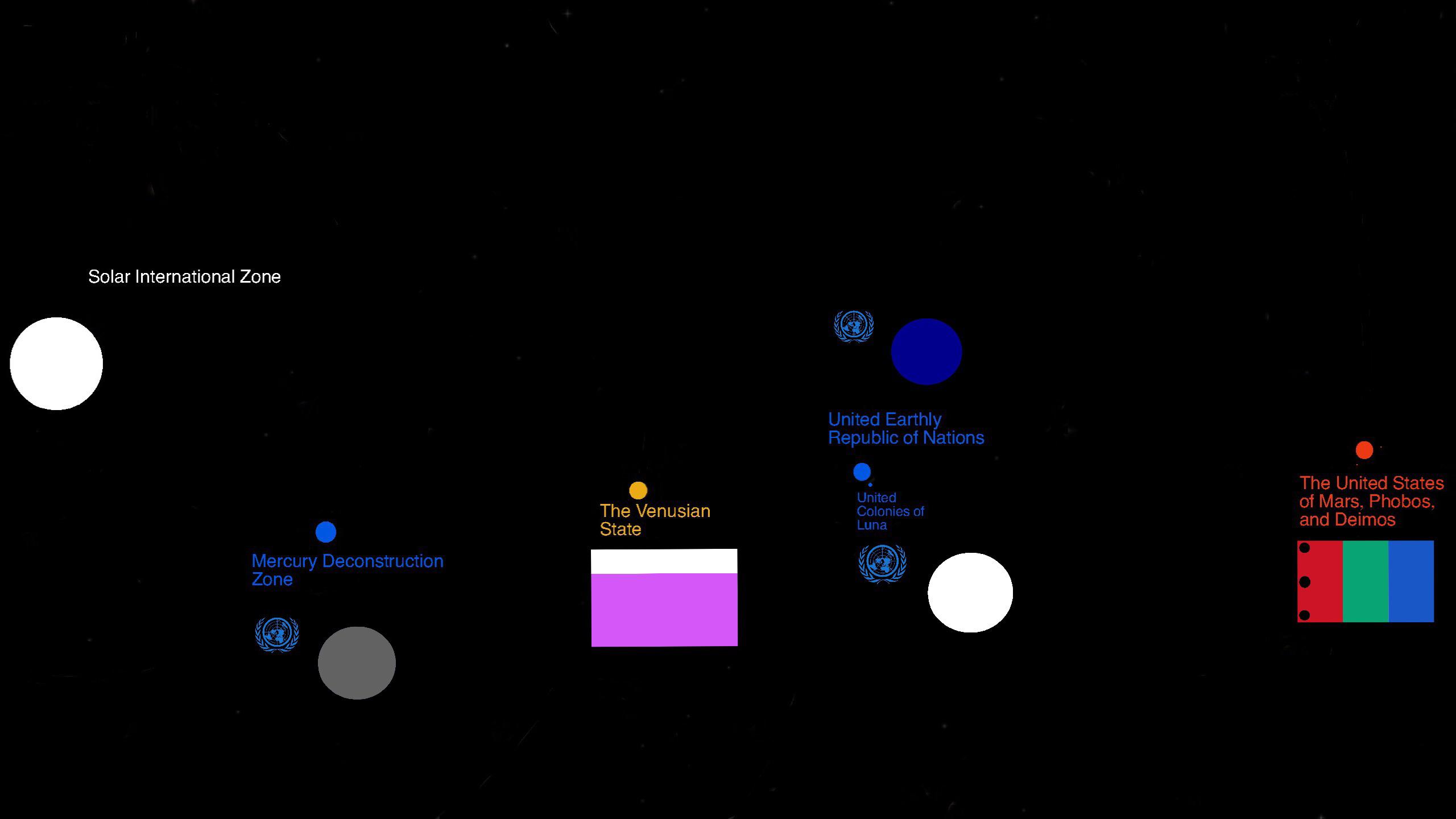The concept of nations has long been a defining feature of human civilization, yet the teachings of the Bahá’í Faith propose a novel and transformative paradigm. At its core, this paradigm beckons us to envision a future where nations are not merely geographical entities, but rather dynamic components of a unified global civilization. This discourse will explore the Bahá’í principles surrounding the system of nations, elucidating its potential to deliver an unparalleled future marked by unity, peace, and progress.
To comprehend the Bahá’í perspective on nations, one must first acknowledge the intrinsic view of humanity as a singular entity. National boundaries, once seen as immutable and absolute, are now increasingly perceived through a lens of interdependence. The Bahá’í teachings propose that the progress of humanity hinges upon the dismantling of these artificial divisions. This insight is evocative of a grand tapestry, wherein distinct threads – each representing a nation – contribute to a magnificent, cohesive design. Without the vibrant threads woven together, the tapestry remains incomplete; similarly, humanity cannot reach its full potential while divided by nationalistic fervor.
Integral to the Bahá’í vision is the principle of collective security. Nations, for too long, have navigated the seas of international relations with sails raised by mistrust and antipathy. The teachings advocate for a reimagining of this dynamic: a cooperative approach to diplomacy that prioritizes the common good over individual ambitions. By adopting a framework grounded in mutual respect and shared goals, nations can transform from adversarial entities into partners in progress. This cooperative spirit is akin to a symbiotic ecosystem, where each organism thrives not just for itself, but in harmony with others, thus enhancing the well-being of the entire community.
Moreover, the Bahá’í Faith emphasizes the significance of world citizenship, positing that allegiance to humanity should transcend national identity. In this light, the concept of patriotism becomes enriched; it evolves from a narrow allegiance to one’s nation to a broader commitment to the welfare of the global community. This transformation can be likened to a prism refracting light into a spectrum of colors—while the light itself remains unchanged, its manifestation is enhanced and diversified through the lens. The benefits of a world-oriented perspective extend beyond mere ideological adjustments; they encompass tangible social and economic advancements that arise when people unite for a common cause.
In contemplating a future sculpted by Bahá’í principles, one must also consider the matter of governance. Current systems, often characterized by rigidity and inefficiency, require reformation to meet the needs of a rapidly evolving global landscape. The Bahá’í teachings advocate for the establishment of a global federal government—an organism designed to operate effectively at international scales. This paradigm seeks to ensure that governance is representative, efficient, and conducive to the flourishing of all peoples. Picture a grand orchestra, where each instrument arrives with its unique sound, yet, under the guidance of a maestro, creates a symphony that resonates with harmony. Such a federal structure could engender a cohesive global response to issues that transcend national borders—climate change, humanitarian crises, and global health challenges—fostering a sense of shared responsibility.
In addition to governance, social justice serves as an essential pillar of the Bahá’í vision for future nations. The teachings urge the elimination of prejudice in all its forms, advocating for equitable opportunities for every individual, regardless of race, gender, or socioeconomic status. A just society, as envisioned by Bahá’í principles, can be seen as a fertile garden, where every seed—representing a person—has the opportunity to flourish. In this garden, diversity is celebrated, contributing to a more vibrant and resilient community. This vision champions the idea that when individuals are empowered, the collective fabric of society is strengthened, paving the way for innovation and creativity to blossom.
The interplay between education and the Bahá’í vision for nations cannot be overlooked. The teachings emphasize the imperative of universal education, which serves as a cornerstone in dismantling barriers and building bridges of understanding. Education is not merely a tool for individual enrichment, but a catalyst for societal transformation. When the flowers of knowledge bloom in every corner of the globe, they release the fragrance of enlightenment, encouraging collaboration and fostering mutual respect among disparate communities. The prospect of a globally educated populace is not a distant dream; it is a tangible goal that can lead to unshackled potential and collective advancement.
Nonetheless, the journey toward this envisioned future is fraught with challenges. The entrenched mentalities and historical grievances that fuel divisions between nations must be confronted with courage and compassion. This endeavor requires unwavering resolve, much like the slow ascent of a mountain climber who perseveres despite the steep inclines and jagged ridges. Through dialogue and empathy, it is possible to bridge the chasms of misunderstanding and foster a culture of peace that permeates international relationships.
In conclusion, the Bahá’í teachings on the system of nations illuminate a pathway toward a future rich with possibility and collaboration. By embracing a global perspective, championing collective security, advocating for social justice, and prioritizing education, humanity stands at the threshold of an unprecedented era. The potential of nations, when viewed through the prism of unity, becomes not merely a theoretical ideal but a feasible reality. The onus rests on each of us, as stewards of this vision, to propagate the seeds of cooperation and to nurture the blossoming of a truly united world.
